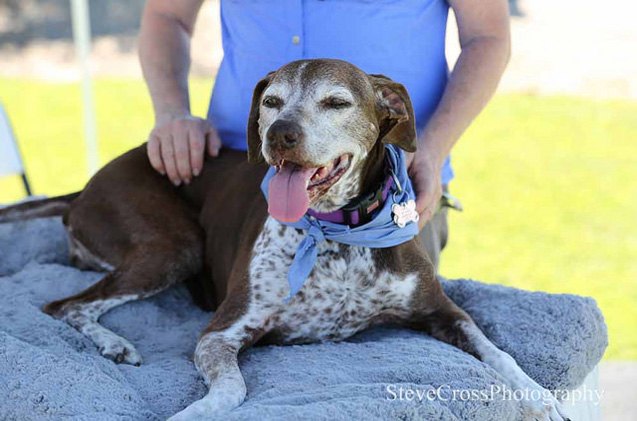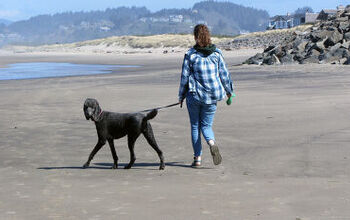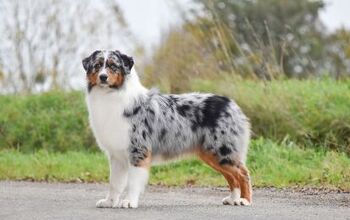Adjust Your Attitude About The Benefits Of Dog Chiropractic Care

When you experience back pain, you may pay a visit to your chiropractor to have the issue corrected. If your dog is having similar issues, however, it may not even occur to you to take him to the chiropractor. In fact, you may not have even been aware that dog chiropractors exist. The fact of the matter is that dog chiropractic care can be beneficial for a wide range of problems – it may even help to prevent joint degeneration. In this article you will learn the basics about what dog chiropractic care is and what issues it may help resolve for your pet.
Conditions that May Require Dog Chiropractic Care
Chiropractic care may be beneficial for a number of problems in dogs – particularly spinal problems. If you have never taken your dog to a chiropractor, you may not even be aware that a problem exists. Some common indications of spinal problems in dogs include:
- Weak front legs with or without pain
- Yelping after sudden movement
- Muscle spasms in the back
- Hunched back
- Pain in the hips or hind legs, no arthritis
- Trouble standing up or laying down
- Inability or unwillingness to jump
In many cases, spinal problems are the result of vertebral lesions called subluxations. In essence, when the bones of the spine are out of position in relation to each other, it creates disturbances in the way your dog moves – this is referred to as subluxation. Subluxation in dogs can range in severity from mild to severe and it can lead to a host of other problems including stiffness, lameness, muscle atrophy, and even paralysis. Taking your dog to a dog chiropractor is the best way to diagnose and treat your dog’s spinal problems before they get worse.
How a Dog Chiropractor Can Help
Chiropractic care, for both dogs and humans, involves spinal manipulation to align the vertebrae, allowing the joints and muscles to move properly. When you take your dog to the chiropractor he will likely take a history of your pet as well as a set of preliminary x-rays if your dog has not had any taken recently. The chiropractor will then perform an evaluation of your dog’s gait and motion in order to pinpoint the problem he is experiencing. Finally, the chiropractor will perform adjustments as needed to restore the normal position of the vertebral column.
Though the process of vertebral alignment or adjustment may seem scary, it is unlikely to harm your pet when performed correctly. In addition to correcting alignment issues, chiropractic care for dogs can help to prevent and treat joint degeneration, to reduce urinary incontinence and to prevent compensating injuries following a major injury. Some other conditions that may be treated or improved through chiropractic care include:
- Tail injuries
- Neck and back pain
- Muscle spasms
- Nerve problems
- Difficulty chewing/swallowing
- Internal organ disorders
- Post-surgical healing
Finding/Choosing a Dog Chiropractor
If you are curious to see whether a chiropractor might be able to help your dog, find one in your area and take your dog in for a consultation. When performing your search, make sure to find a practitioner who is licensed for pets because an advanced degree of knowledge regarding animal anatomy is required. Chiropractors licensed for human practice can become certified for animal practice, but only after receiving special training. To find a dog chiropractor in your area, consult the American Veterinary Chiropractor Association or the College of Animal Chiropractic.
Many simple problems including back pain, neck pain and slow healing after injury can be resolved with a simple visit to the chiropractor. If you want to ensure that your dog recovers from these problems, and if you want to protect him from joint degeneration, consider taking him to see a dog chiropractor.

Kate Barrington is the loving owner of two cats (Bagel and Munchkin) and a noisy herd of guinea pigs. Having grown up with golden retrievers, Kate has a great deal of experience with dogs but labels herself a lover of all pets. Having received a Bachelor's degree in English, Kate has combined her love for pets and her passion for writing to create her own freelance writing business, specializing in the pet niche.
More by Kate Barrington























